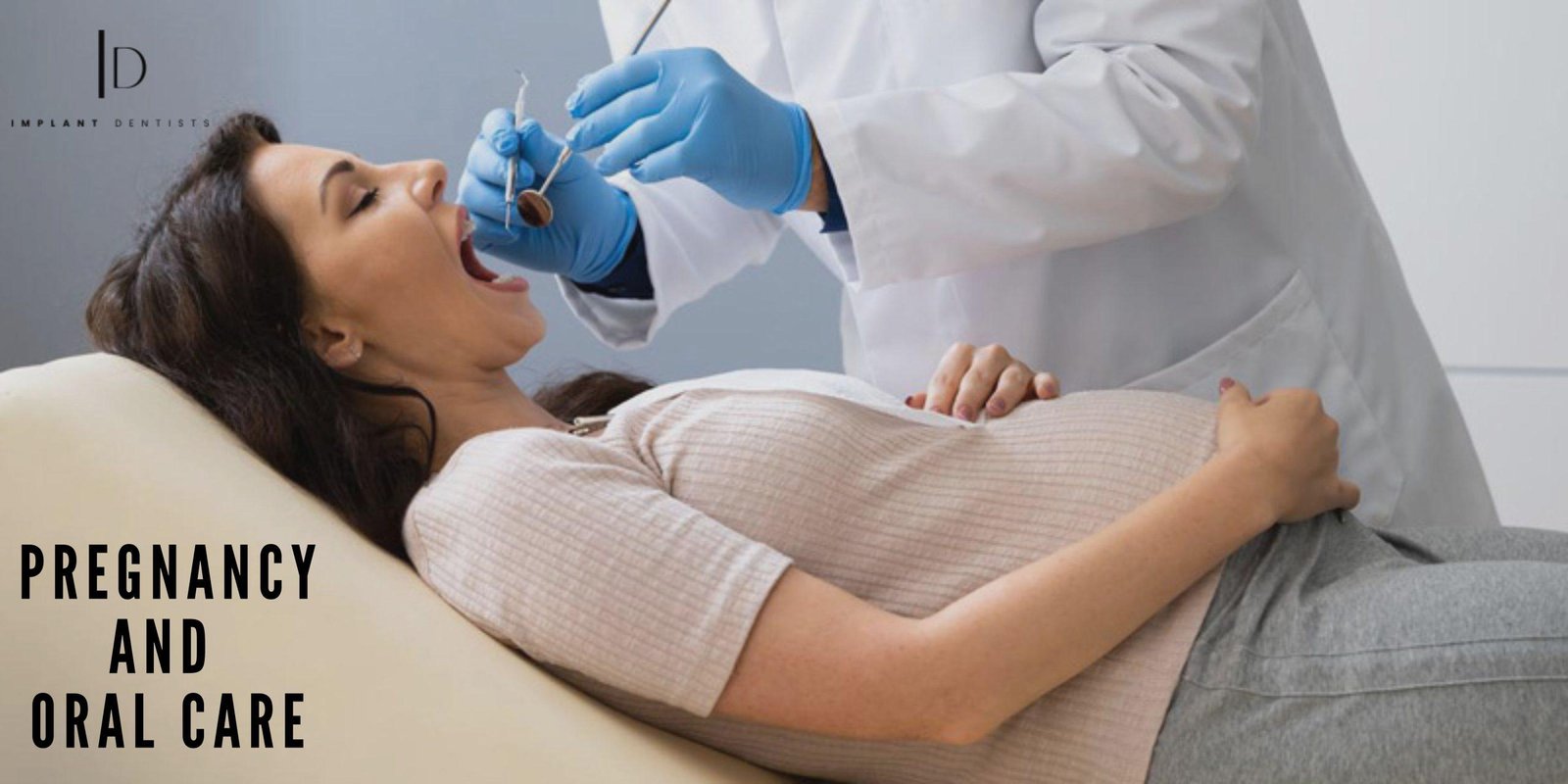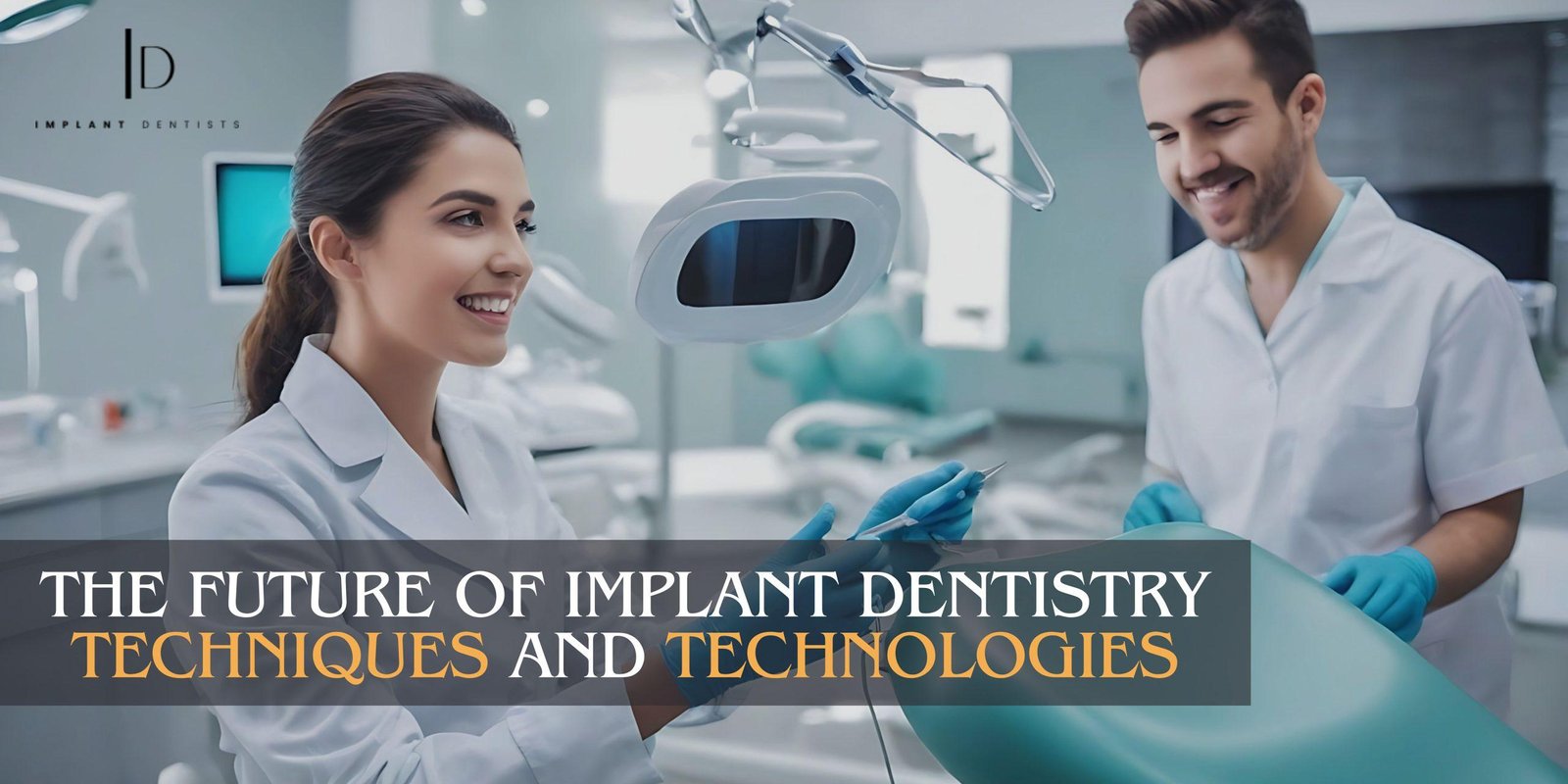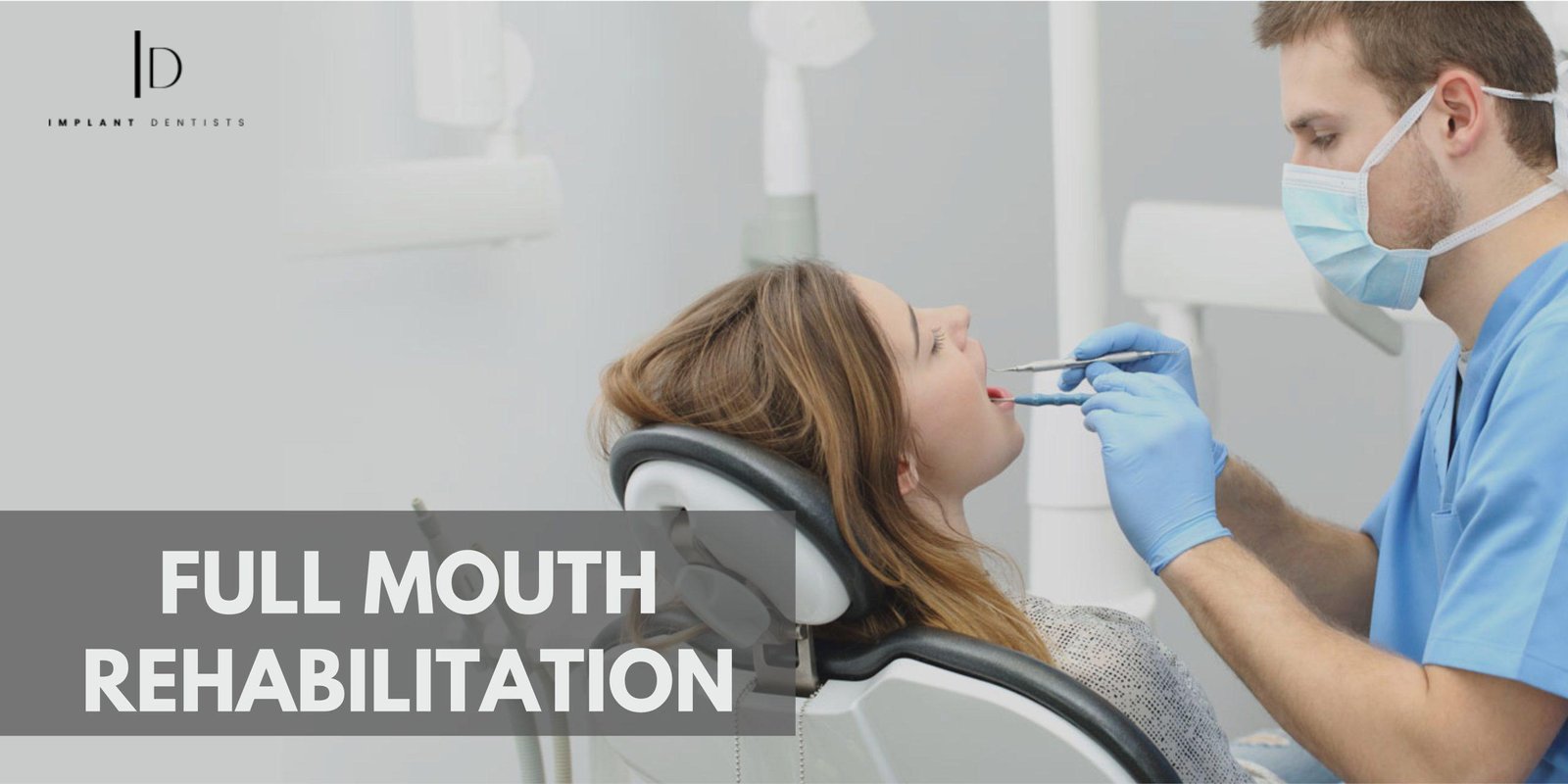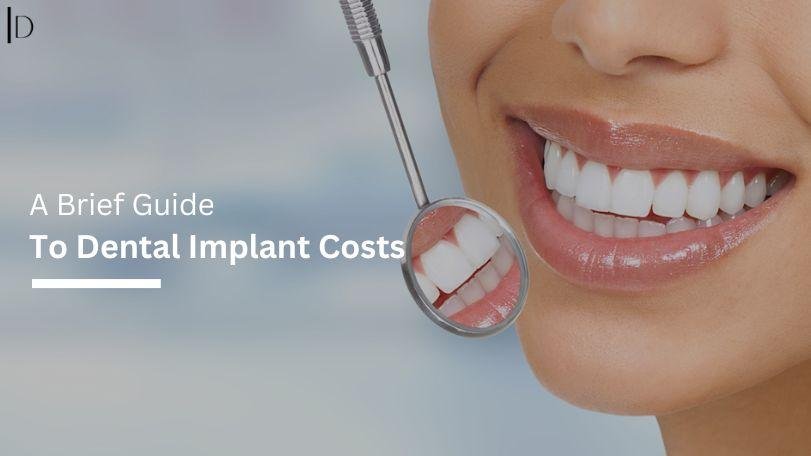Month: January 2024

Why Prioritizing Oral Health During Pregnancy Matters?
January 30, 2024
Worried About Loose Teeth? Don’t Panic, Get Help!
January 22, 2024Why Do Teeth Loosen?
- Gum disease: This inflammatory condition, often caused by poor oral hygiene, can damage the tissues and bone that support your teeth, leading to loosening.
- Trauma: A blow to the face or injury to the mouth can damage the supporting structures of a tooth, causing it to loosen.
- Teeth grinding: Chronic teeth grinding, also known as bruxism, can wear down teeth and the surrounding bone, leading to loosening.
- Medical conditions: Certain medical conditions, such as osteoporosis or diabetes, can affect bone health and contribute to lose teeth.
Symptoms to Watch Out For:
- Significant tooth movement: If your tooth is noticeably shifting or feels very loose, it’s important to get it checked out.
- Pain or bleeding: Pain or bleeding around a loose tooth can be a sign of infection or further damage.
- Difficulty chewing or speaking: If a loose tooth is affecting your ability to eat or speak normally, it’s time to see a dentist.
Treatment Options for Loose Teeth:
- Deep cleaning and periodontal therapy: If gum disease is the culprit, deep cleaning and periodontal therapy can help reverse the damage and stabilize the tooth.
- Splinting or bonding: In some cases, a loose tooth can be splinted or bonded to neighbouring teeth for added support.
- Crown lengthening: If gum recession has exposed the root of the tooth, crown lengthening can restore the gum tissue and provide a stable base for the tooth.
- Dental implants: If a loose tooth is beyond saving, dental implants can provide a permanent and natural-looking replacement.
Prevention is Key:
- Practice good oral hygiene: Brush your teeth twice a day, floss daily, and use mouthwash to remove plaque and bacteria that can contribute to gum disease.
- Schedule regular dental checkups and cleanings: Your dentist can identify and address any early signs of gum disease or other problems that could lead to lose of teeth.
- Wear a mouth guard during contact sports: This can help protect your teeth from injury.
- Manage stress: Stress can contribute to teeth grinding, so finding healthy ways to manage stress can be beneficial for your oral health.
Don’t Let Loose Teeth Steal Your Smile:

The Future of Implant Dentistry | Emerging Techniques and Technologies
January 18, 2024In recent years, implant dentistry has witnessed significant advancements, ushering in a new era of possibilities for patients seeking durable and aesthetically pleasing tooth replacement options. This blog explores the latest techniques and technologies that are shaping the future of implant dentistry, and the numerous benefits they offer to both patients and dental practitioners.
3D Printing in Implant Manufacturing
In the rapidly evolving landscape of healthcare, 3D printing has emerged as a groundbreaking technology, ushering in a new time of precision and customization in implant manufacturing. This innovative approach to crafting implants has revolutionized the traditional methods, offering unparalleled advantages in terms of design flexibility, patient-specific customization, and accelerated production processes.
- Revolutionizing Precision: Traditionally, implant components were mass-produced, leading to certain limitations in customization. The advent of 3D printing has revolutionized the manufacturing process, allowing for highly personalized implants tailored to each patient’s unique dental anatomy. This not only improves the fit and function of implants but also enhances the overall aesthetic outcome.
- Accelerating Treatment Timelines: With 3D printing, dental laboratories can produce implants faster than ever before. This technology has significantly reduced the time patients spend waiting for their customized implants, enabling quicker treatment timelines and improved patient satisfaction.
Digital Impressions and Virtual Planning
Embark on a transformative journey into the empire of innovation with our cutting-edge service: Digital Impressions and Virtual Planning. In a world driven by technology, we redefine the way you envision and strategize, seamlessly blending the physical and digital landscapes.
- Enhanced Accuracy: Gone are the days of messy and uncomfortable traditional impressions. Digital impressions provide a more comfortable experience for patients, while also delivering highly accurate data for treatment planning. Virtual planning tools allow dentists to meticulously plan implant placement, minimizing the risk of complications and ensuring optimal outcomes.
- Predictable Results: Digital impressions and virtual planning contribute to more predictable results in implant dentistry. Implant Dentists can visualize the entire treatment process before it even begins, leading to increased precision during surgery and a higher likelihood of successful implant integration.
Osseointegration Enhancements
Osseointegration Enhancements refers to cutting-edge advancements in the field of medical and dental science. The aimed at improving the integration of prosthetic devices with the natural bone structure of the human body. It is a crucial process that ensures the stability and functionality of prosthetic implants. Such as dental implants and limb prostheses.
- Smart Implants: Recent advancements in implant materials have led to the development of “smart implants” equipped with sensors. These sensors monitor factors like pressure, temperature, and pH levels in the surrounding tissues. This real-time data helps dentists track the progress of osseointegration and identify any issues early on, leading to improved postoperative care.
Benefits of Adopting Emerging Techniques and Technologies
- Improved Patient Outcomes: The integration of advanced technologies ensures that patients experience enhanced precision, reduced discomfort, and quicker recovery times. This leads to overall improved outcomes and greater patient satisfaction.
- Efficiency for Practitioners: Dental practitioners benefit from the efficiency of modern techniques and technologies, allowing for streamlined workflows, better treatment planning, and more accurate surgical procedures. This not only saves time but also enhances the overall quality of care provided.
- Customization and Aesthetics: The ability to create highly customized implants using 3D printing, along with precise digital planning, allows for superior aesthetic results. Patients can enjoy natural-looking and seamlessly integrated dental implants that match their individual features.
- Enhanced Monitoring and Aftercare: Smart implants and bioactive coatings contribute to improved monitoring of the healing process, enabling early detection of potential issues. This results in better aftercare and long-term success rates for dental implant treatments.
Read about Dental Problems, issues and Effective Treatments!
Conclusion
The future of implant dentistry is undeniably exciting, with emerging techniques and technologies transforming the landscape. As these innovations continue to evolve, patients can expect more personalized, efficient, and aesthetically pleasing solutions. While dental practitioners benefit from enhanced precision and streamlined workflows. Embracing these advancements ensures a brighter future for the field of implant dentistry.
Ignite Your Confidence with a Dazzling Smile – Because Your Smile Deserves to Shine Bright!

Implant Solutions for a Radiant Smile| Full Mouth Rehabilitation in Crewe, United Kingdom
January 16, 2024Full mouth rehabilitation is a comprehensive dental treatment that aims to restore oral health and functionality. In recent years, dental implants have played a pivotal role in revolutionizing full mouth rehabilitation procedures, offering patients in Crewe, United Kingdom. A lasting solution to various dental issues. Now, we explore the significance of implants in full mouth rehabilitation. The benefits they bring to individuals seeking a complete dental transformation.
Understanding Full Mouth Rehabilitation
Full Mouth Rehabilitation, also known as full mouth restoration, is a comprehensive and personalized dental procedure designed to address multiple dental issues. It restores optimal oral health, function, and aesthetics. This advanced and transformative treatment involves a meticulous combination of various dental procedures. This tailored to the unique needs of each individual.
Patients seeking Full Mouth Rehabilitation often present with a range of dental concerns, such as missing teeth, extensive tooth decay. Worn-down enamel, gum disease, bite problems, or a combination of these issues. The primary goal of Full Mouth Rehabilitation is to provide a holistic and integrated approach to address these concerns. This is ultimately enhancing both the functionality and appearance of the entire mouth.
Explore Dental Implants
Dental implants are artificial tooth roots that are surgically placed into the jawbone to support replacement teeth or bridges. There are several types of dental implants, classified based on various factors such as implant design, materials used, and the surgical procedure.
Here are some common types of dental implants:
- Single Tooth Implants: Used when a single tooth is missing, a single implant is placed into the jawbone, and a crown is attached to it.
- Multiple Tooth Implants: Used when several adjacent teeth are missing, implant-supported bridges are anchored to implants rather than natural teeth.
- Full Arch Implants: These are used when an entire arch of teeth (upper or lower) needs to be replaced. All-on-4 refer to the number of implants used to support a full arch of teeth.
- Zygomatic Implants: These implants are longer and are anchored into the cheekbone (zygoma) instead of the jawbone. They are used when there is insufficient bone in the upper jaw.
- Mini Implants: Smaller in diameter than traditional implants, mini implants are often used in situations where there is limited space or bone.
The Role of Implants in Replacing Missing Teeth
Dental implants play a crucial role in replacing missing teeth. This providing a durable and natural-looking solution for individuals with one or more missing teeth. The process involves surgically placing a metal post into the jawbone. It serves as a stable anchor for a replacement tooth or a bridge.
Here are key aspects of the role of implants in replacing missing teeth:
- Stability and Support: Dental implants offer stability and support comparable to natural teeth. The implant fuses with the jawbone through a process called osseointegration, creating a strong foundation for the replacement tooth.
- Improved Functionality: Unlike removable dentures, dental implants function like natural teeth. They allow for normal biting, chewing, and speaking, providing a higher level of comfort and functionality.
- Preservation of Jawbone: When a tooth is lost, the jawbone in that area can start to deteriorate over time due to lack of stimulation from chewing. Dental implants help preserve the jawbone by acting as artificial tooth roots and preventing bone loss.
- Natural Appearance: Implants are designed to look and feel like natural teeth. The replacement tooth, also known as a crown, is custom-made to match the colour, shape, and size of the surrounding natural teeth, ensuring a seamless and natural appearance.
- Longevity: With proper care and maintenance, dental implants have a high success rate and can last for many years, even a lifetime. This makes them a durable and long-term solution for replacing missing teeth.
Benefits of Implants in Full Mouth Rehabilitation
- Enhanced Aesthetics and Confidence: Implants provide a natural-looking appearance, restoring not only the functionality of the teeth but also the aesthetics. This, in turn, boosts confidence and self-esteem for individuals undergoing full mouth rehabilitation.
- Improved Oral Functionality: Dental implants allow for improved chewing and speaking abilities, providing patients with a level of comfort and functionality comparable to natural teeth.
- Long-Term Durability: One of the significant advantages of dental implants is their long-term durability. With proper care, implants can last a lifetime, making them a cost-effective and sustainable choice for full mouth rehabilitation.
- Stability and Strength: Dental implants provide a stable and strong foundation for the replacement of multiple teeth. This stability is crucial in full mouth rehabilitation, where the goal is to restore the entire dentition.
- Natural Feel and Functionality: Implants mimic the natural function and feel of teeth. This is particularly important in full mouth rehabilitation, as patients aim to regain the ability to bite, chew, and speak comfortably. Just like they would with natural teeth.
Conclusion:
In Crewe, United Kingdom, dental implants have become an integral part of full mouth rehabilitation, offering patients a transformative solution to various dental challenges. The combination of advanced technology and skilled dental professionals ensures that individuals seeking full mouth rehabilitation in Crewe can enjoy the benefits of a restored smile. This improved oral health, and enhanced overall well-being.

Guide to Dental Implant Costs in the UK: Your Questions Answered
January 10, 2024Dental implants are a revolutionary solution for replacing missing teeth, offering a natural-looking and long-lasting alternative to dentures or bridges. But before you embark on this journey, understanding the costs involved is crucial. In this comprehensive guide, we’ll delve into everything you need to know about dental implant costs in the UK, from factors that influence the price to financing options and cost-saving tips.
Understanding the Price Range: The Implant Ecosystem
When it comes to dental implants, a one-size-fits-all price tag doesn’t exist. The cost can vary significantly depending on several factors, including:
- The number of implants required: Replacing a single tooth will naturally cost less than restoring an entire arch.
- Type of implant used: Premium or advanced implant systems may come at a higher price point.
- Location of the dentist: Prices can differ based on the practice’s overhead costs and geographical location.
- Complexity of the procedure: Bone grafting or sinus lift surgeries add to the overall treatment cost.
Breaking Down the Costs: A Look at the Numbers
To give you a clearer picture, here’s a general breakdown of dental implant costs in the UK:
- Single implant: The average cost ranges from £1,500 to £3,000, including the implant, abutment, and crown.
- Multiple implants: Replacing several teeth can cost between £4,000 and £8,000.
- Full-arch restoration: All-on-four or teeth-in-a-day treatments typically range from £10,000 to £20,000.
Financing Your New Smile: Making Implants Affordable
The high upfront cost of dental implants can be a concern for many. Thankfully, several financing options can make your dream smile a reality:
- Dental payment plans: Many practices offer in-house financing plans with low-interest rates and flexible monthly payments.
- Medical loans: Some banks and lenders offer medical loans specifically for dental procedures.
- Credit cards: Using a credit card with 0% introductory APR financing can be a viable option for eligible individuals.
Saving Smart: Cost-Effective Tips for Implant Treatment
Before committing to treatment, explore ways to save on your dental implant costs:
- Shop around and compare prices: Get quotes from several dentists in your area to find the most competitive offer.
- Consider alternative materials: Opting for zirconia crowns instead of porcelain can bring down the cost slightly.
- Look for special offers and promotions: Some dentists offer discounts or package deals for multiple implants.
Beyond the Numbers: Investing in Your Oral Health
While the cost of dental implants is a significant factor, remember that it’s an investment in your long-term oral health and overall well-being. Implants offer numerous benefits, including:
- Improved oral function: Chewing, speaking, and smiling become effortless with the stability and strength of implants.
- Enhanced confidence: A natural-looking smile can boost your self-esteem and social interactions.
- Superior long-term value: Implants are highly durable and can last for decades, making them a cost-effective solution in the long run.
Making an Informed Decision: The Next Steps
By understanding the costs, financing options, and benefits of dental implants, you can make an informed decision about whether this treatment is right for you. Remember to consult with a qualified dentist to discuss your individual needs and receive a personalized treatment plan with a clear cost breakdown. With careful planning and research, you can achieve your dream smile and reap the rewards of improved oral health and confidence.
